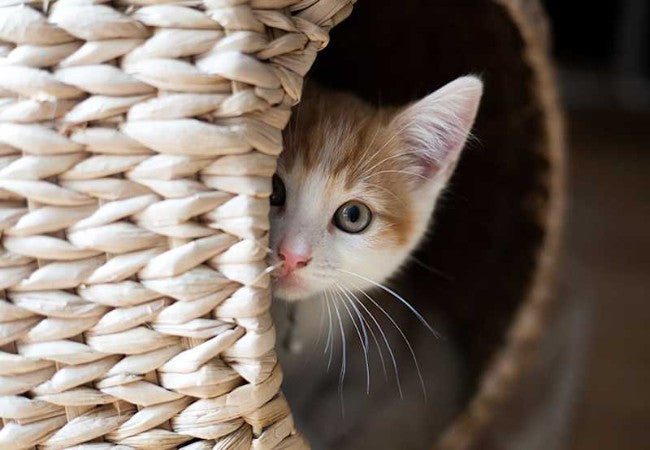Natural Calming for Cats Vet Approved Foods, Scents & Stress-Reducing Habits🐶✨

In this article
Natural Calming for Cats Vet Approved Foods, Scents & Stress-Reducing Habits🐶✨
By Dr. Duncan Houston BVSc
Is your cat hiding, hissing, overgrooming, or urinating outside the litter box? Stress is often the cause. Cats are highly sensitive to change—but with the right natural tools, you can reduce anxiety and help your cat feel safe and secure at home.
I’m Dr. Duncan Houston, veterinarian and founder of Ask A Vet. Here’s how to calm your cat naturally using calming foods, scents, routines, and vetbacked behavior tips.
🧠 Common Causes of Stress in Cats
- Moving house or rearranging furniture
- New pets, visitors, or loud noises
- Inconsistent feeding or litter box routines
- Unseen pain (dental, arthritis, GI issues)
✅ Natural Ways to Calm Cats
1. Calming Foods & Supplements
- Tryptophan: An Amino acid that helps serotonin production
- Ltheanine: Found in green tea—promotes calm without sedation
- Omega3s: Reduce inflammation and improve mood
- Hydrolyzed casein (alphacasozepine): Naturally calming milk protein
2. Anti-Anxiety Feeding Tips
- Stick to scheduled meal times
- Use slowfeeders or lick mats to promote focus
- Add warm broth or goat milk for hydration and comfort
3. Calming Scents & Environment
- Use synthetic feline pheromones (e.g. Feliway)
- Diffuse catsafe essential oils: lavender, chamomile (never citrus or tea tree!)
- Add hiding spots, window perches,
4. Behavioral Enrichment
- Use wand toys, puzzle feeders, and scent games to reduce boredom
- Short, consistent play sessions reduce cortisol and improve confidence
📋 Sample Calming Routine
- Morning: Feed high-protein wet meal + fish oil
- Midday: 5–10 min of wand toy play + goat milk lick mat
- Evening: Warm food with L-theanine supplement + pheromone diffuser on
🛑 What to Avoid
- Yelling, loud TV, or chaotic mealtime environments
- Changing litter brands or box locations frequently
- Feeding high-carb, low-protein diets (linked to mood issues)
🔗 Tools from & Ask A Vet
- Ask A Vet – Upload behavior notes, feeding logs, and get a tailored calming protocol from a vet
📋 Summary Excerpt
Stress in cats is common—but manageable. A vet explains how to calm anxious cats naturally using calming nutrients, feeding routines, enrichment, and safe environmental support.
❓ FAQs
-
Q: What’s the best natural calming supplement for cats?
A: L-theanine, Ltryptophan, and hydrolyzed casein are gentle and effective when used in feline-safe doses. -
Q: Do cats respond to lavender?
A: Yes—some do. Use only therapeutic-grade oils in well-ventilated areas. Avoid citrus and tea tree oils completely. -
Q: Can diet affect cat anxiety?
A: Absolutely. High-protein, moisture-rich diets improve neurotransmitter balance and reduce behavior issues.






